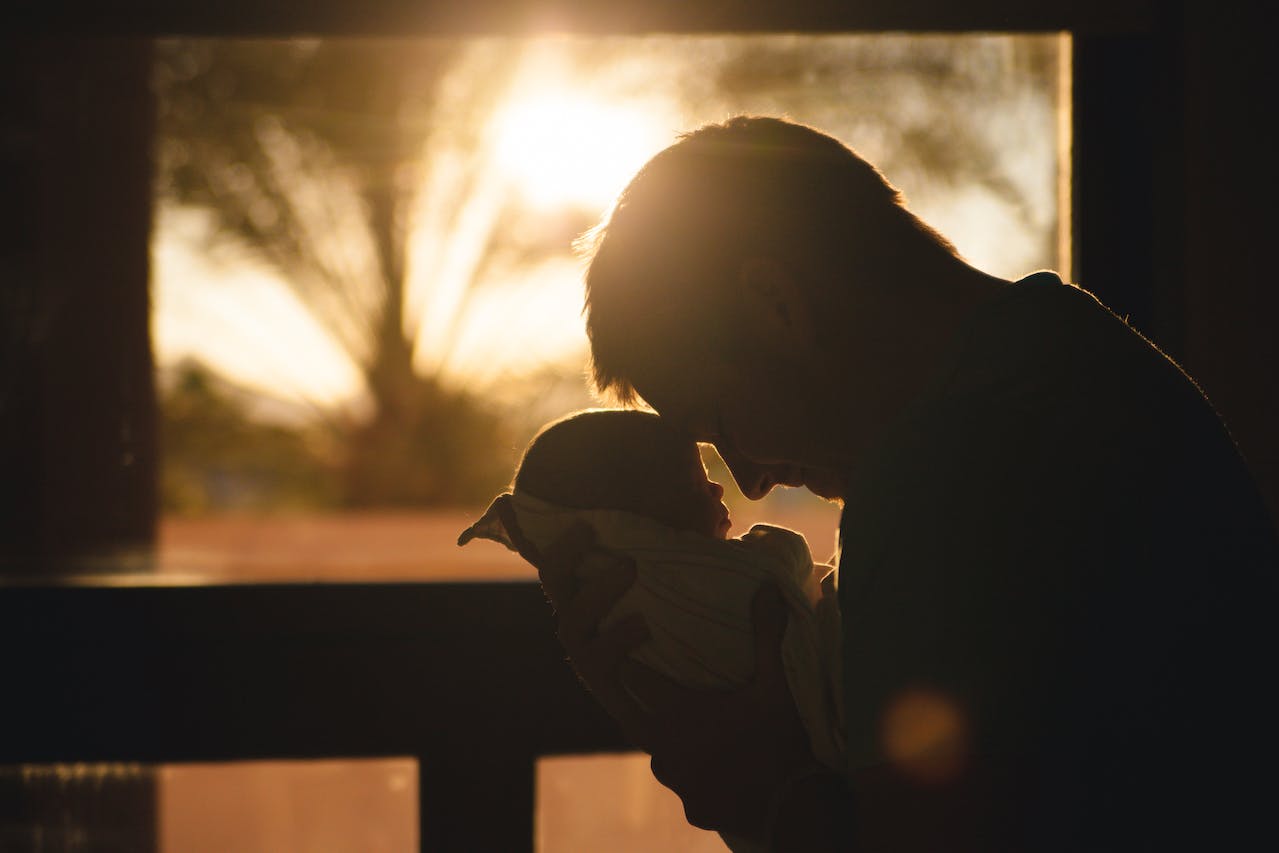Birth injuries blindside families, derailing dreams and necessitating steep learning curves to care for complex conditions. Navigating this foreign landscape requires an arsenal of resources to ensure affected children reach their full potential. When equipped with knowledge, support, and strategies, parents become tenacious advocates for securing brighter futures for their precious warriors.
Building a Strong Medical Team
Effective care coordination forms the foundation for managing disabilities stemming from birth trauma. Parents must assemble a multidisciplinary team aligned around supporting their child’s unique needs:
- Pediatricians and specialists familiar with neurological challenges
- Physical, occupational, and speech therapists to target developmental delays
- Mental health providers to process grief and anxiety
Establishing clear communication channels with providers fosters collaboration to devise comprehensive treatment plans. Seeking second opinions and exploring alternative therapies further expands options. Strong partnerships empower parents as active decision-makers in their child’s overall care.
Harnessing Early Intervention Services
Timely access to early intervention programming is critical for mitigating birth injuries’ long-term impact. These publicly funded services support infants and toddlers with disabilities through targeted therapies and educational assistance. Parents can contact local agencies for free evaluations to determine eligibility and craft Individualized Family Service Plans (IFSPs) outlining goals and accommodations. Assertively engaging with caseworkers ensures maximum benefits are leveraged during this pivotal window for neurodevelopment. Documenting progress equips parents to advocate for seamless transitions into school-based special education services once children turn three.
Maximizing Financial Assistance
The astronomical costs associated with birth injuries quickly overwhelm household budgets already strained by lost wages. Navigating complex benefits systems is daunting but essential for securing critical financial aid:
- Medicaid waivers for low-income families to cover therapies, equipment, and home health support
- Social Security Disability Insurance (SSDI) for children meeting specific impairment criteria
- Supplemental Security Income (SSI) offers monthly stipends based on financial need
Nonprofit organizations and local government agencies guide eligibility requirements and application processes. Online forums allow parents to trade advice on accessing resources and appealing denials. Securing financial stability alleviates stress and expands the capacity for prioritizing a child’s needs.
Finding Strength in Community
Isolation compounds the emotional devastation in the aftermath of a birth injury. Connecting with others who understand the journey offers vital validation and renewed hope:
- Hospital-sponsored support groups for NICU families and those navigating diagnoses
- Condition-specific networks like United Cerebral Palsy or the Brain Injury Association of America
- Social media groups for exchanging information and solidarity
Sharing stories with fellow warriors fosters a sense of belonging and resilience. Volunteer opportunities channeling hard-earned expertise remind parents of their profound purpose. Engaging with disability advocacy initiatives provides empowering outlets for effecting change on a broader scale. Community sustains the spirit and propels the way forward.
Envisioning Possibilities Beyond Prognoses
Dim statistics and grim projections often cast shadows over a child’s potential. Yet, with early intervention, assistive technology, and inclusive environments, children with birth injuries consistently shatter expectations:
- Adaptive equipment granting freedom to explore and engage with surroundings
- Augmentative communication devices unleash personalities and ideas
- Specialized recreation programs nurturing talents and passions
Parents serve as visionary advocates, ensuring that their children have the support they need to lead fulfilling lives. Focusing on a child’s strengths and celebrating milestones along the way replenishes reserves of hope. Empowered families recognize disability as part of identity, not a limitation on dreams.
Birth injuries may alter life’s trajectory, but they need not derail it entirely. Parents who continually seek knowledge, support, and opportunities gradually map new pathways forward. With an arsenal of resources and an empowered perspective, families navigate this unexpected journey with resilience, holding space for their children to write their own stories.

